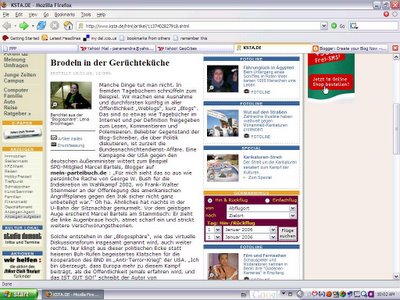
Hi Lena. Thanks for the reach out. And I wish you all the best with your article. The coverage you provide will be a boost to the democracy movement in Nepal.
How do you consider the media situation in Nepal?
Nepal is one of the 10 most gagged countries on the planet right now, and has been for over a year. The regime has been busy redefining the very concept of free speech, just as it claims also to be for democracy. The virus has mutated.
Does the government often monitor and threaten bloggers?
The government has been more concerned about FM radio stations and their news broadcasts because those reach the common people in much larger numbers. They also clamp down on print journalists much. Journalists who have been accused of sympathizing with the Maoists have been subjected to the worst possible physical and mental abuses.
I am sure they monitor bloggers. It is not always the state apparatus making an obvious presence. Sometimes they use hired goons, locally known as Mandales.
I work closely with a pioneer blogger Umesh Shrestha. He once got beat up out in an open street by a group of Mandales. Recently he has received death threats. (Blogger Receives Death Threat, Bloggers Form Union)